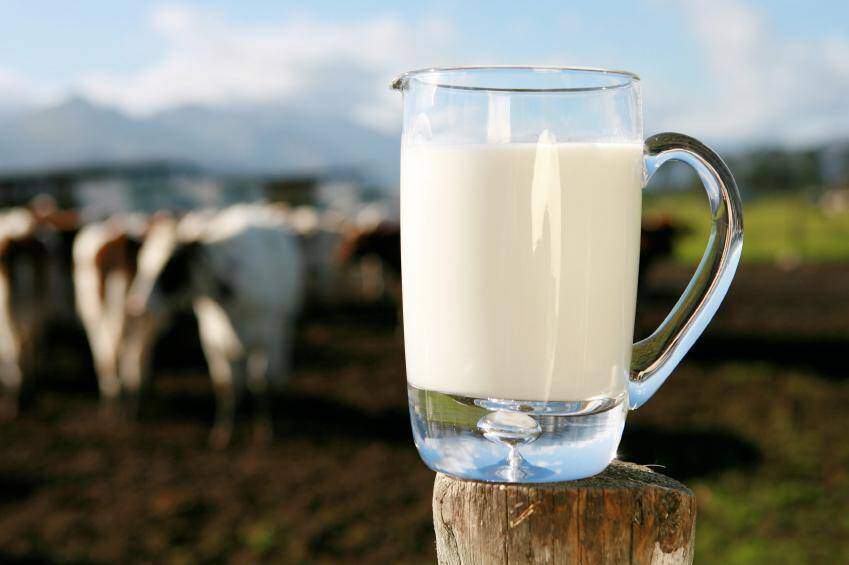
Despite the fact that we can get our daily intake of calcium, potassium and protein from fruits and vegetables, the dairy industry has spent billions to convince consumers of the opposite.
Do you drink milk? We hope not. Although it is a little tasty in coffee, tea and delicious treats, this ingredient - when it is pasteurized - is highly toxic to the human body. In fact, doctors such as Dr. Willet, who has conducted numerous studies and reviewed research on the subject, believe that milk is more of a nuisance than a help to the human body.
Indeed, despite popular belief, it has never been shown that this food reduces the risk of fracture. In fact, according to the Nurses' Health Study, dairy products could increase the risk of fractures by 50%! This worrying finding is supported by the fact that countries with the lowest rates of dairy and calcium consumption (such as those in Africa and Asia) have the lowest rates of osteoporosis.
Considering that nearly three-quarters of the world's population is unable to digest milk and dairy products, it seems clear that these foods are not an ideal substance to consume. However, the average consumer does not know it. From celebrities to commercials in the dairy industry, most have come to believe that dairy products are an ideal food for optimal health.
Vox has recently created a video illustrating the facade of the dairy industry because of many misinformation on the subject. One of the arguments is that despite the fact that consumers can get daily intake of calcium, potassium and protein from fruits and vegetables, the dairy industry has spent billions to convince the population differently.
If you have been taught to drink milk to become "big and strong," you are not the only one. However, the time has come to learn about the facts.
Since milk produces a lot of mucus in the human body, it is thought to contribute to allergies, ear infections, type 1 diabetes, anemia and even constipation. In addition, foods can contribute to various types of cancer because their consumption increases the level of insulin-like growth factor 1 (IGF-1) in the body.
The good news is that there are many tasty and creamy milk alternatives, not only easy to prepare, but also affordable. Try these "milks" made from rice, almonds, cashews, hemp and even coconut found online and at most grocery stores. Some companies even sell ice cream without dairy products, like Ben & Jerry's! In fact, the market for dairy-free milk has risen sharply in recent years. Sales of almond milk, in particular, increased by 250% between 2000 and 2015, reaching almost $ 895 million.
Is it time to give up dairy products? Please share your comments on Facebook and share this news!



No comments:
Post a Comment